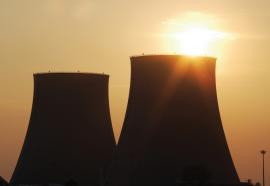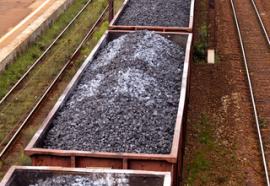Greenhouse Chill
Has the Supreme Court frozen climate change litigation?
The Supreme Court’s decision in American Electric Power v. Connecticut strongly limits private nuisance actions against greenhouse gas (GHG) emitters by keeping these cases out of federal court. But the AEP decision won’t stop lawmakers from enacting new GHG regulations, and it won’t prevent plaintiffs from suing emitters in state courts.











